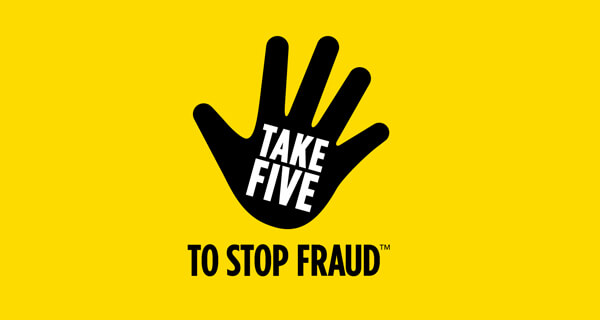New research released by Financial Fraud Action UK (FFA UK) shows that 31% of online shoppers admit that they are more likely to take a financial risk if an online retailer offers them a bargain.

This means there are potentially 15 million online shoppers who could be putting themselves at risk of financial fraud.
Those aged 16-34 are most at risk, with almost half of that age group (46%) admitting they are more likely to take a chance, compared to just 18% of people aged 55 or over.
The findings come at the start of the festive shopping season; with Black Friday (25th November) and Cyber Monday (28th November) offering online bargains and time limited discounts.
It is also a time when fraudsters try to entice people into giving away their debit and credit card details on fake websites.
How do fraudsters catch victims out?
Criminals use scam emails, or fake ads on social media, or internet searches promising heavy discounts for desirable goods, to trick people into visiting the fake sites and entering their card details. Once the fraudsters have collected all of this information, they can then use the details to commit fraud.
The survey of more than 1,900 online shoppers which was carried out as part of a campaign called “Take Five” also found:
- Almost one in five (19%) online shoppers admit they would click on an unsolicited email if it promised them a good deal.
- More than a third (36%) of consumers admit their shopping habits change when faced with an opportunity to bag a bargain
- Almost a quarter (24%) admit their FOMO – fear of missing out - on a great deal leads them to let their guard down when it comes to online shopping.
Avoid fraud this Black Friday and Cyber Monday
- Take Five before you buy. If you’re using a retailer for the first time, always take time to research them before you give them any of your details. Be prepared to ask questions before buying
- Trust your instincts – if an offer looks too good to believe then there is usually a catch. Be suspicious of prices that are too good to be true
- Be sure you know who you are dealing with. Always access the website you are planning to buy from by typing the address into your web browser, and be wary of clicking on links in unsolicited emails
- Look for the padlock symbol in the address bar. It’s a good indication that they’re reputable
- Only use retailers you trust, for example ones you know or have been recommended to you. If you’re buying an item made by a major brand, you can often find a list of authorised sellers on their official website.
Tony Blake, Senior Fraud Prevention Officer, DCPCU (Dedicated Card and Payment Crime Unit), said: “It is easy to forget the dos and don’ts about sharing personal information if you feel rushed into making a purchase and are under pressure. But it really does pay to ‘Take Five’ by doing your research when making an online purchase, particularly if you’re using a website for the first time. Consumers need to know that they may not see the impact of financial fraud immediately, i.e. during this shopping weekend, because if a criminal has harvested their financial details, they could use them at any time.”
To report a fraud and cyber crime and receive a police crime reference number, call us on 0300 123 2040 or use our online fraud reporting tool.



